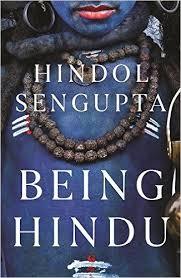
Being Hindu: Old Faith, New World and You
Hindol Sengupta
Product description
Review
"Sengupta introduces non-Hindu audiences to the world's third largest religion using a practitioner's perspective in this quick but substantive text. . . . Sengupta's summaries are succinct and knowledgeable, and his expertise is evident. He includes scholarly analyses of Indian nationalism and a literature review of Hindu religious works, with some especially interesting discussions of Hindu takes on recent religious debates, such as the tensions between religion and science.... [F]or readers with little knowledge of Hinduism but a strong interest in it, Sengupta will be a welcome guide." Publishers Weekly
"Sengupta offers not a primer of Hindu beliefs but, rather, a personal inquiry rich in history and analysis about what it means to be a twenty-first-century Hindu.... [When] he focuses on Hindu philosophy, he is eloquently clarifying. . . . Segupta's enlightening elucidation is invaluable for understanding Hinduism, India, and the growing Hindu community in the U.S." Booklist
"The writing is warm and appealing as Sengupta deftly presents a tradition that is ancient, wise, and accepting. VERDICT: A satisfying and engaging guide to Hinduism for inquiring minds." Library Journal
"With this audacious and articulate book, journalist Hindol Sengupta presents an impassioned and most welcome case for Hinduism as an ancient and sophisticated tradition with great relevance for the contemporary world. . . . The book is not so much a scholarly presentation of Hinduism, as one might find in an introductory textbook, as it is an invitation to the reader to join the author in his discovery of the tradition of his upbringing." --Reading Religion
About the Author
Hindol Sengupta is an award-winning author of nine books. He was educated in South Asian history and international relations at Worcester College, Oxford, as a Chevening Scholar, and in business and finance at Columbia University as a Knight-Bagehot Fellow. He is a World Economic Forum Young Global Leader.
Product details
Publisher : Penguin Group (12 November 2020)
Language : English
Paperback : 256 pages
ISBN-10 : 0143452681
ISBN-13 : 978-0143452683
Dimensions : 12.7 x 1.52 x 20.32 cm
Best Sellers Rank: 400,083 in Books (See Top 100 in Books)
2,690 in Essays
3,268 in Hinduism (Books)
363,905 in Textbooks & Study Guides
Customer Reviews: 4.1 out of 5 stars 89
About the author
Follow authors to get new release updates, plus improved recommendations.
Hindol Sengupta
Follow
Hindol Sengupta
===
3.86
318 ratings53 reviews
1 billion followers
33 million gods and goddesses
You
One of the world's oldest forms of faith, Hinduism has an unbroken trajectory of beliefs and rituals that have passed on for many millennia through the footsteps of pilgrims and the pedagogies of theologists; through myth, science and politics. But what does all that mean to the modern Hindu today? Why do Hindus call themselves so? Is it merely because their parents were Hindus? In what way does the faith speak to those who profess to follow it? What does Hinduism mean to the everyday-practicing or sometimes-accessing ordinary Hindu? Away from the raucous debate around religions, this is the journey of a common Hindu—an attempt to understand why, for so many Hindus, their faith is one of the most powerful arguments for plurality, for unity in diversity, and even more than the omnipresent power of God, the sublime courage and conviction of man.
Being Hindu is the exploration of Hinduism in a way you have never seen before—almost through your own eyes.
Show more
GenresNonfictionIndiaHinduismHistoryReligionPhilosophyMythology
192 pages, Paperback
Published January 1, 2015
Book details & editions



64 people are currently reading



589 people want to read
About the author

Hindol Sengupta11 books80 followers
Follow
Hindol Sengupta (born 1979) is an Indian journalist and entrepreneur, who is the award-winning author of eight books.
In 2017, he was selected as a Young Global Leader by the World Economic Forum. His three new upcoming books are a narrative non-fiction, a historical fiction and a history of the free markets in India to be published by Penguin and Simon & Schuster. Among his recent books is the bestselling Being Hindu: Old Faith, New World and You, The Modern Monk: What Vivekananda Means To Us Today, and The Sacred Sword: The Legend of Guru Gobind Singh. He is the youngest winner of the PSF prize for public service, an award won by, among others, the late Indian scientist and President A. P. J. Abdul Kalam.
Readers also enjoyed
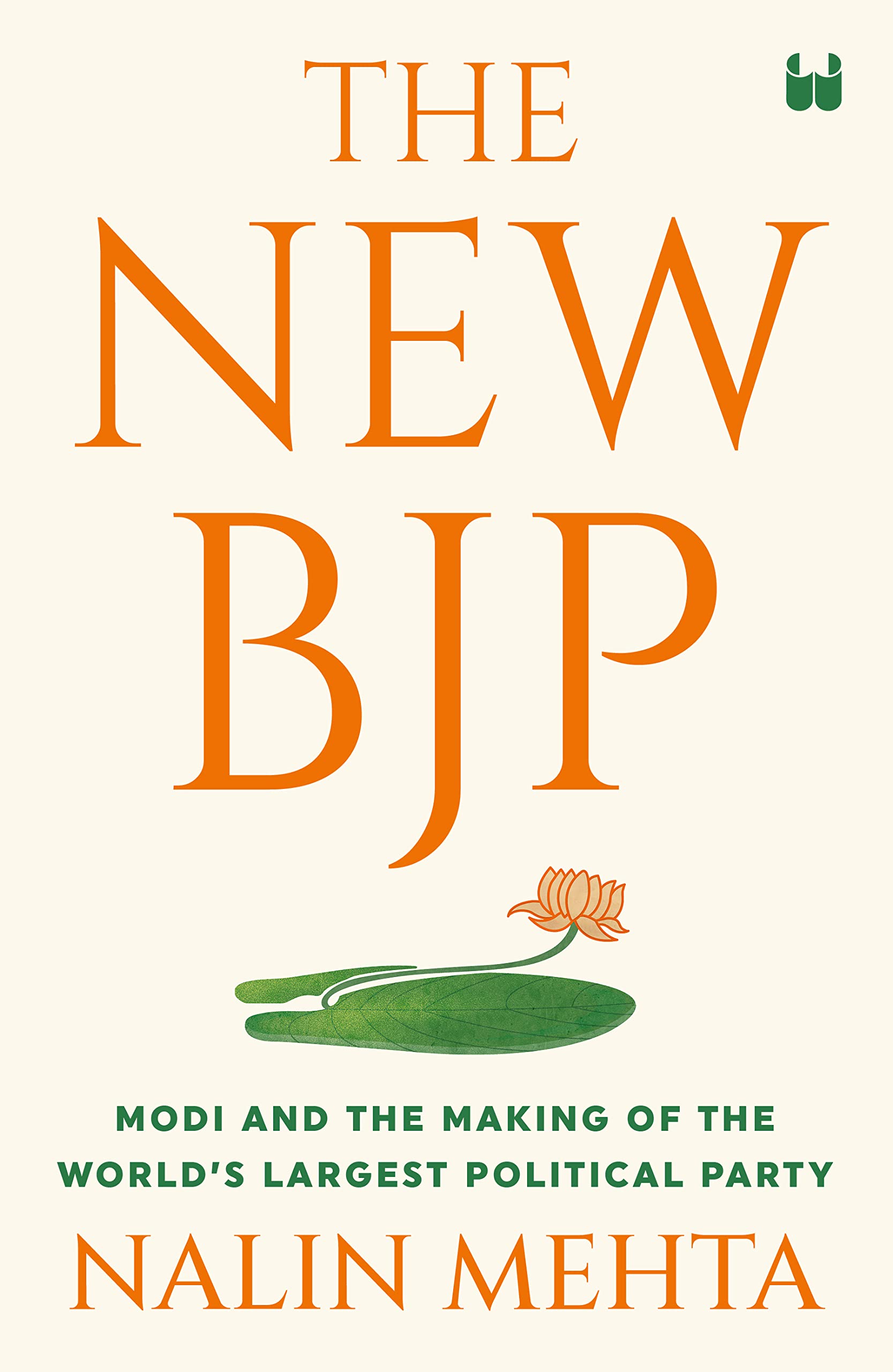
The New BJP: Modi and the Making of the World’s Largest Political Party
Nalin Mehta
4.24
54

Thich Nhat Hanh: Essential Writings
Thich Nhat Hanh
4.51
982

Why I am a Hindu
Shashi Tharoor
3.72
3,450

Lessons in Stoicism: What Ancient Philosophers Teach Us About How to Live
John Sellars
4.21
4,422

Peace Is Every Step: The Path of Mindfulness in Everyday Life
Thich Nhat Hanh
4.31
41.9k

How to Love
Thich Nhat Hanh
4.32
9,856

The Heart of the Buddha's Teaching: Transforming Suffering into Peace, Joy, and Liberation
Thich Nhat Hanh
4.32
18k

A River in Darkness: One Man's Escape from North Korea
Masaji Ishikawa
4.27
57k
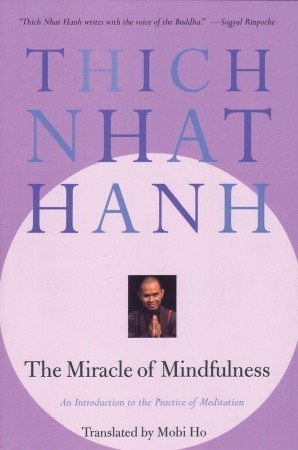
The Miracle of Mindfulness: An Introduction to the Practice of Meditation
Thich Nhat Hanh
4.19
34.7k

Being Peace
Thich Nhat Hanh
4.32
13.2k

Living Buddha, Living Christ
Thich Nhat Hanh
4.15
17.7k

No Brainer
Jeff Kinney
4.31
5,694
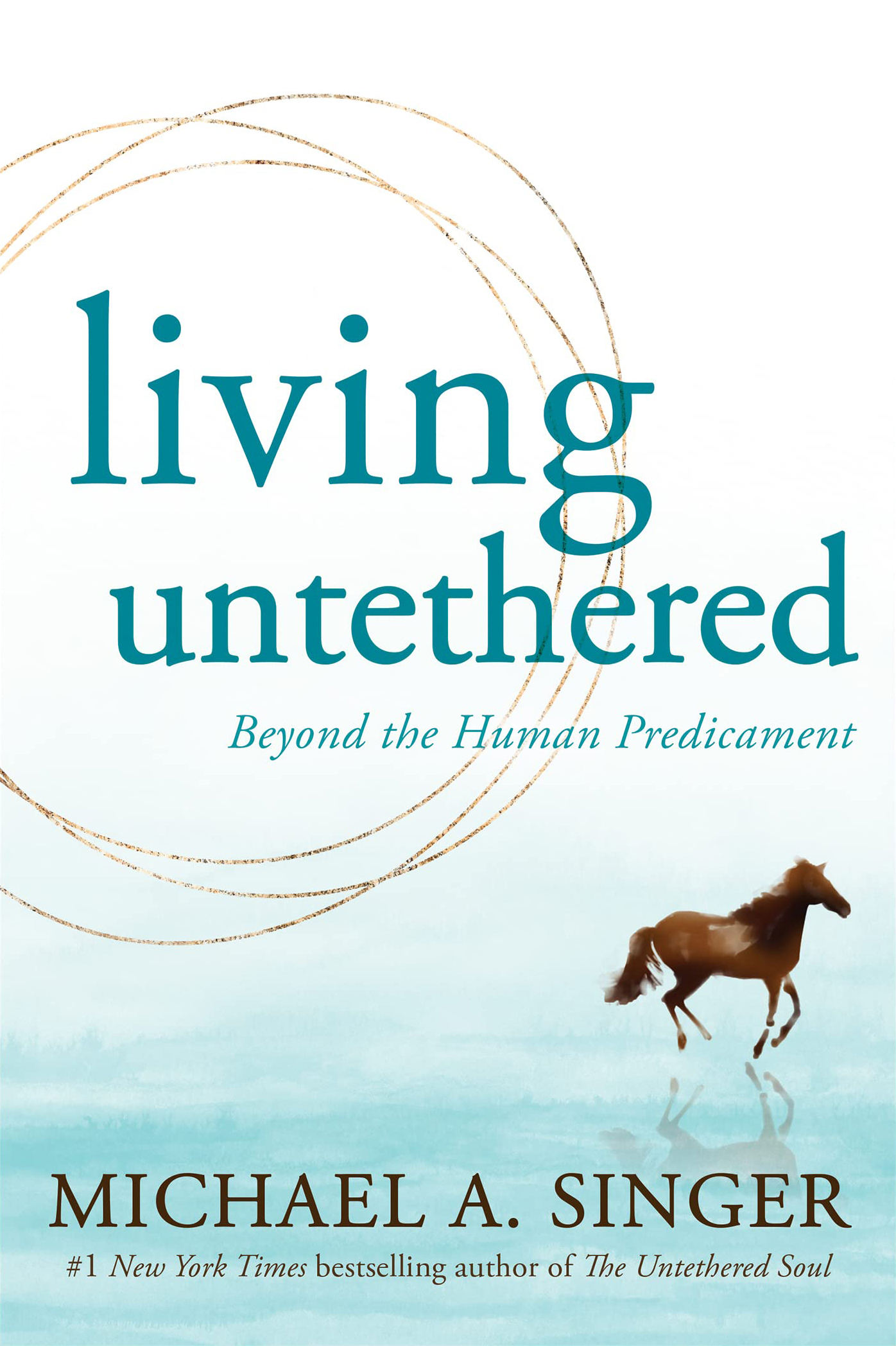
Living Untethered: Beyond the Human Predicament
Michael A. Singer
4.45
6,576
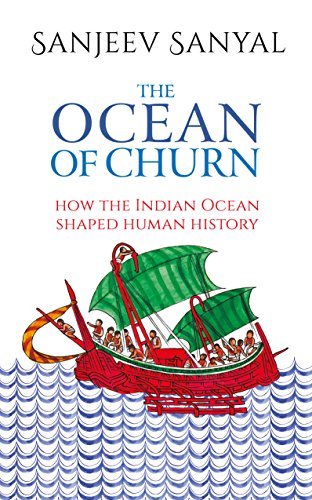
The Ocean of Churn: How the Indian Ocean Shaped Human History
Sanjeev Sanyal
4.28
1,729

Cryptonomicon
Neal Stephenson
4.24
112k

The Inimitable Jeeves
P.G. Wodehouse
4.2
27.2k

When Crack Was King: A People's History of a Misunderstood Era
Donovan X. Ramsey
4.37
2,868

Waking Up: A Guide to Spirituality Without Religion
Sam Harris
3.91
46.1k

First Person Singular: Stories
Haruki Murakami
3.54
39.9k
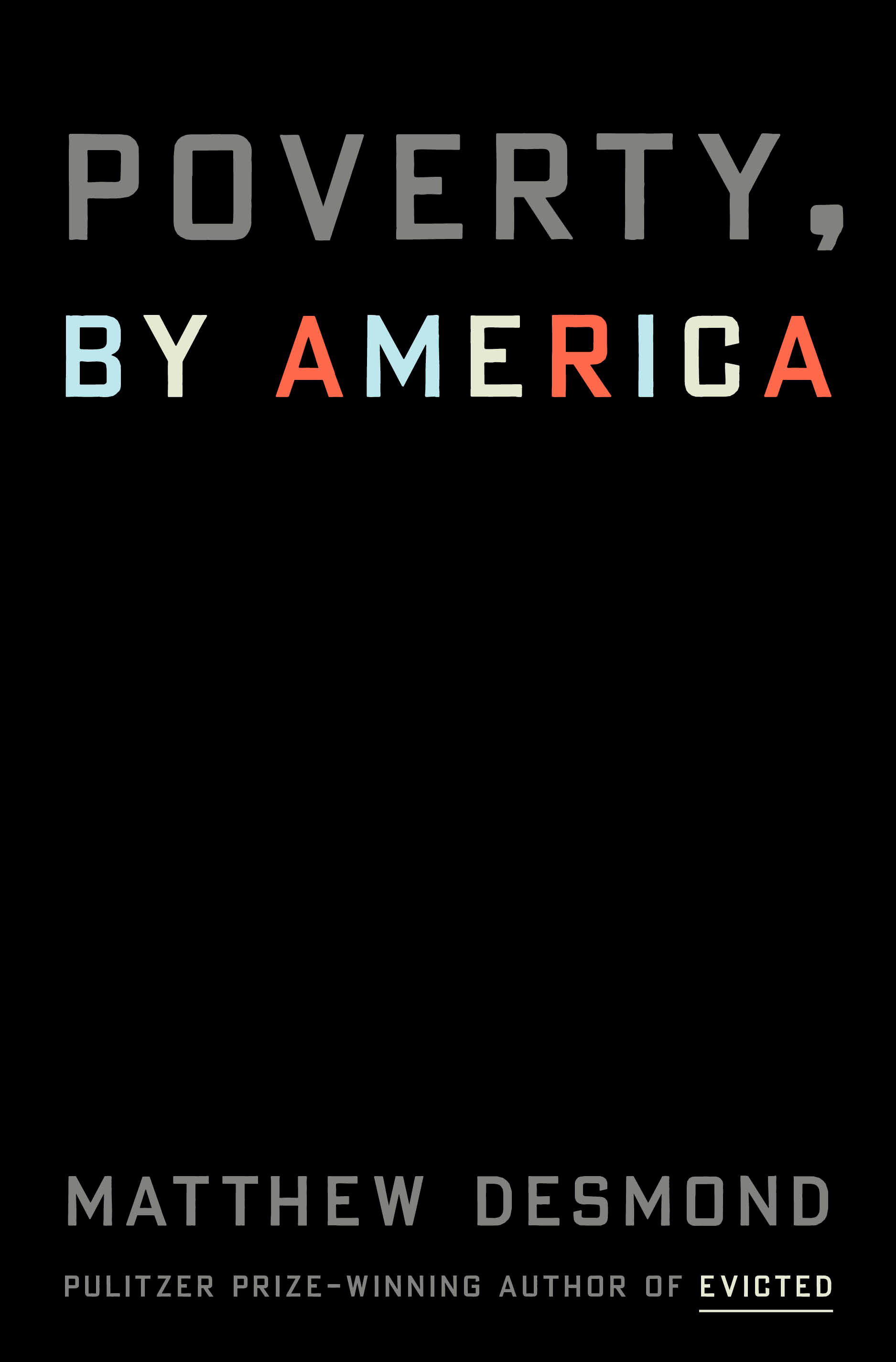
Poverty, by America
Matthew Desmond
4.28
33.3k
All similar books
Ratings & Reviews

What do you think?
Rate this book
Write a Review
Friends & Following
No one you know has read this book. Recommend it to a friend!
Community Reviews
3.86
318 ratings53 reviews
5 stars
90 (28%)
4 stars
124 (38%)
3 stars
79 (24%)
2 stars
19 (5%)
1 star
6 (1%)
Search review text
Filters
Displaying 1 - 10 of 53 reviews

Civilisation ⇔ Freedom of Speech
964 reviews · 264 followers
Follow
February 17, 2016
An introduction to Hinduism and a good way to shed cobwebs.
Few thoughts :-
A) Brahminism - A word that has come into use by the Leftists for Hinduism supposedly emphasising the hold of 'Brahmins' - the priestly class. Which religion has been free from the hold of the clergy/Imams ? Islam ? Christainity ?
B) Untouchablity - Slavery was a feature of the world till a century or so ago. Racism has been a feature of the West till a few decades ago. Great religious discrimination exists in Muslim-majority countries even today. And worse, Dalit converts to Islam/Christanity are treated as untouchables by them.
The point is that neither of the above 2 faults are of any particular religion alone.
C) Freedom of Speech - The Upanishads are filled with a questioning spirit making fun of the Vedas sometimes. Buddha and Mahavir and a Hindu religious leader used to have bitter debates. Shankara debated with Buddhists and defeated them following which they had to leave. Or take Mahabharata which is full of inquiry. This is an ancient Indian concept where nothing is 'sacred'. Lets value our heritage.
self-help-spiritual-religion
15 likes
Like
Comment

Surender Negi
106 reviews · 9 followers
Follow
March 7, 2017
2 STAR
This book certainly attract my attention by Title "Being Hindu" and I was expecting new ideas rather than atrocities statements based on British colonization.
Few Points which I found writer should need to study more.
1) Idea of Brahmanism :This idea is not based of Hindu Scripture but based on Aryan Invasion theory (already debunked by Many genetics) and writer seems not interested to debunk this myth [Aryan Invasion theory] but carry out as per his secular agenda.
2) Idea of caste system: Writer again seems to be doubtful that weather caste system is originally carved from Hinduism or something else. More Over, It is seems like that writer is not able to throw his secularism in context of Hinduism. In Many places of Book, writer seems to defend Hinduism for Untouchables & Brahmins while in reality, they are not part of Sanatana Philosophy.
3) Books drags you into his own childhood where he shown nicely the conversion and impression been made by convent schools on young child. he also portrayed a very well image of a confusing child Mind who want to understand Hinduism but failed due to people in India avoid being spiritual and having knowledge of Hinduism for Secularism.
4) This books also indicate the lack of centralize Institution within Hinduism in India which can show paths to Young, Middle and Old knowledge seeking Minds.
I wish writer next time write on Brahmanism and Untouchable after extensive study of roll of British and Europe Indologist on young Indian Minds of India and abroad.
This book is good and forward move for describing Hindus and their culture.
Like: Explanation about why Hindus do idol worship and spiritual knowledge.
Unlike: A hidden fear of writer to call him more secular than Hindu.
Come on Men, calling himself "Hindu" will not ended secularism in India and around the world. It is not crime to being different but biggest crime is ignoring it.
hinduism
9 likes
Like
Comment

Pradeep T
120 reviews · 20 followers
Follow
January 5, 2016
A nice attempt by the author. It is highly difficult to explain Hinduism in just 160 odd pages, however, this book doesn't fails to impress the readers. The author had done some good research on the topics that he believed as good enough for this book. The book has touched upon the details right from our ancient scriptures like the vedas, vedantas, followed by the Mahabharata, Ramayana, Ayurveda, Vedic Mathematics, Science, etc... The book also explores a little comparative study on the Islam, Christianity, Buddhism and Hinduism. Overall a nice attempt. This book is for those who want to know about Hinduism and quite reluctant to study hell lot of books. It covers the main aspects and ideas.
4 likes
Like
Comment

Nidhi
17 reviews
Follow
January 21, 2016
I would say the book is too factual. Its more like a collection of white papers or research than a book. It was not a journey for me. The book is great for CAT aspirants as it has a heavy vocabulary. Wouldn't recommend the book for anything else.
3 likes
Like
Comment

Jashan Singhal
28 reviews · 40 followers
Follow
September 3, 2018
If I had to recommend just one book to any non-Hindu or Hindu alike to make them "conscious" about Hinduism, it has to be this seminal work by Hindol Sengupta.
The author is a savant of modern Hinduism, and is so deeply connected to the faith that his serene relationship with Hinduism makes the reader almost jealous. It is evident from his writing that the author is unfettered by any regressive ideas about Hinduism and is bereft of any political inclinations associated with Hinduism. Almost every modern book on this Vedantic religion has some mention of "Hindutva" philosophy but thankfully, this book left that domain untouched.
The author connects so well with an average Indian Hindu, for instance Hindu children, from a very young age are taught idol-worship and mantra chanting but nobody is ever taught the philosophy or rai·son d'ê·tre behind such a belief system. He quotes
‘For Hindus, therefore, the image (idol) is not an object at which one’s vision halts, but rather a lens through which one’s vision is directed.'
He doesn't condemn idol worship but says that the caricatures had hardened into prejudices that blurred the core philosophies. Similar is his relationship with mantras. He reverberated my own thoughts as a child when he said:
How could God, at once so vast and all encompassing, also at the same time be so utterly petulant as to sulk at one infinitesimally small me not chanting some mantras? That made no sense.
He asks "How many Hindus really know why they pray? What do the mantras mean, and why do they mouth them? " and then replies with an avuncular dominance that No one taught us to understand that the act of prayer is really inward, not outward, and that in the act of seeking all you can ever hope to receive is the understanding of that which lies within you.
The author strips apart all notions of ancient, stringent and indoctrinated Hindu worship while being proud of our primordial Vedanta knowledge at the same time. He demonstrates that Hinduism is a religion that is quite different from other religions of the world. His progressive take on issues such as vegetarianism and atheism is amusing to read. Frequently quoting Swami Vivekananda and Mahatma Gandhi throughout the book, he makes sure his facts are well researched.
I reduced one star rating from the book, because there is a section in the book where the author tries to interplay between quantum physics and Hinduism. He tries to portray that both of them are essentially the same ideas and as a physics student, it made me squirm a little bit. I wish people keep such ideas of "meta-physics" and "psuedo-science" to themselves.
At last, I would like to end this review with a simple yet profound line from the book :
Think about this: for thousands of years, we have been worshipping the sun, and yet we have been one of the least enthusiastic countries, till now, to use solar energy to replace fossil fuels, even though we have been blessed with enormous solar capacities.
4 likes
Like
Comment

Swetha Chodavarpu
58 reviews · 33 followers
Follow
July 13, 2016
'If you understand the atomic, you can understand the cosmic'
To describe this book in a few words is difficult. One of the aspects of the book that spoke to me, is how the author scientifically explained theology. It's not an easy task, but Hindol Sengupta did it with brilliance.
Think of this book as a scientist's guide to Hinduism. The author has done his research! With mentions of more than 10 reference books in each chapter and various scientists, professors, authors, theologists, monks, researchers and historians, this book has something for everyone.
A must read for a budding scientist who wishes to understand the philosophy behind Hinduism.
2 likes
Like
Comment

Shreshth Varshney
33 reviews · 2 followers
Follow
January 28, 2016
Does a good job with keeping the balance between the good and the bads of this.
It doesn't want to convert you. Doesn't ask you to believe in any of the nonsensical piety that a billion folks follow.
Goes into the main reason why it came to be and explains things about the religion.
Talks about the fanatics as well.
Though don't expect the bhakts to turn non savage after reading it.
2 likes
Like
Comment

Anand Patel
63 reviews · 14 followers
Follow
November 19, 2020
Book is written beautifully, at parts it has compared different religion and their ideology, a nice way to to know about hindu religion from broader perspective . Anyone who love religion should read this book.
2 likes
Like
Comment

Dinker Charak
8 books · 5 followers
Follow
March 8, 2018
Gift it
A good book to gift someone who wants to know what it means to be a Hindu and wants to know it outside the context of politics of Hinduphobia. Also gift it to at least one more family member who will benefit from the articulation and respond to such questions.
2 likes
Like
Comment

Vedvrat Shikarpur
59 reviews · 12 followers
Follow
February 10, 2016
A simple precursor to help one understand the depth of Hinduism. A lovely short read!
owned
2 likes
Like
Comment
Disp
===
Top reviews from Australia
There are 0 reviews and 0 ratings from Australia
Top reviews from other countries
Girish Bhatnagar
5.0 out of 5 stars A new perspective explained succinctly.
Reviewed in India on 24 February 2024
Verified Purchase
Beautifully explained a new and novel perspective.
Report
KranKy
4.0 out of 5 stars Talks about reforms in Sanatana Dharma and how Hinduism is a colonial construct
Reviewed in India on 3 January 2016
Verified Purchase
Who is a Hindu? What does he believe or can he be an unbeliever ans still be a hindu? Why is hinduism so open to everything and yet driven the same goal to assimmilate and accommodate everything? What does a Hindu seek?
While addressing the above questions with quotes from various sources, the author also questions the modern day hindu and the society that he is living in - The dirty rivers, the pot-holed roads and all the rituals that are so outdated and out of context. A reform is needed to usher in a society built of intelligence and reason supported by technology and science, while also acknowledging that the destination of everyone is the same.
Another interesting aspect is bringing in the statement that the world does not need our help at all. All our actions are only required for our own growth. This is a beautiful thought.
Overall, a nice read. A nice synthesis of sanatana dharma.
10 people found this helpful
Report
Karan
5.0 out of 5 stars The inner journey
Reviewed in India on 12 June 2023
Verified Purchase
This was a nice read. Highly recommend if you’re a somebody who wants to start a new journey into understanding oneself.
Report
Mukta
3.0 out of 5 stars Read and judge
Reviewed in India on 21 June 2023
Verified Purchase
Too much reference of Gandhi ji and it seems that author is not much conversant with depth ofvedantic/Santana dharma depth. Book seems to be written for western readers
Report
Dr. Madhav Kulkarni
5.0 out of 5 stars Very good!
Reviewed in India on 26 December 2018
Verified Purchase
This is the third book that I have read penned by the same author. Sengupta writes very well and the writing is very informative. The influence of RKmission is palpable all through the book, a continuation from The Modern Monk. I have read this book straight after reading Pavan Verma’s AdiSankara, so mostly it was a revision of sorts. Even then, the style of narration especially relating it to the current world has been beautifully done. Author peruses thoughts and sayings of Vivekananda, Gandhi and a host of astrophysicists, theoretical physicists, biologists and philosophers. Sometimes I felt it was getting repetitive, nevertheless the book serves as a good guide to start understanding who a Hindu is and what constitutes Hinduism. While it might give a brief idea to a non-Hindu, it is actually a self help book for many of us who know very little of who we are and what Hinduism means to us. The core message is that of Vedanta. ‘Aham Brahmasmi tat tvam asi,’ echoes throughout the book.
2 people found this helpful
Report
See more reviews
===
===

No comments:
Post a Comment